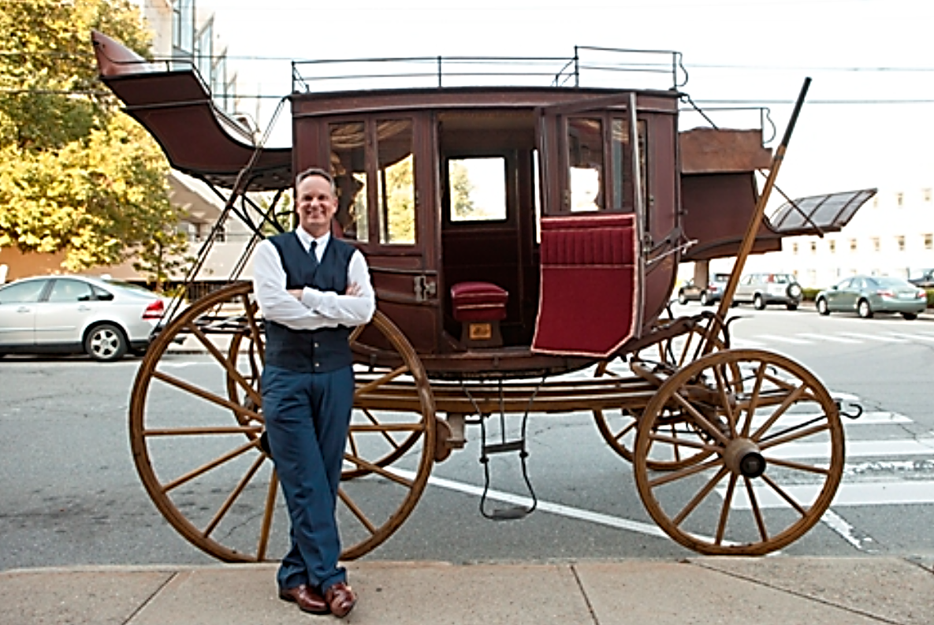The idea of having a city manager might sound like common sense – someone to handle the day-to-day work of running the city, keeping things organized and professional. That’s why cities like Concord use the “council-manager” system of government.
But over 100 years after this model was first introduced, it’s fair to ask: is this the best way to run a city? And more importantly, is it the most accountable?
The city manager system began in 1908, at a time when many American cities were struggling with political corruption and inefficiency. Reformers believed a professional administrator (hired, not elected) could bring order and expertise to local government. The idea was to make cities run more like businesses.
That may have been sensible in the early 20th century, but today, cities face different challenges that require public trust, community input, and accountability. And unlike businesses, cities are meant to serve everyone, not just run efficiently.
Until 1993, Concord had a more traditional “mayor-council” system, where voters elected a mayor who held real executive authority. That changed when Concord adopted a new charter that transferred most of that authority to a city manager, hired by the city council, leaving the position of mayor as a largely symbolic role. This shift was meant to professionalize city government, but it also reduced the power of local voters to choose who leads their city.
Today, Concord’s City Manager (currently Thomas J. Aspell, Jr.) oversees nearly every aspect of city government, including how the city spends taxpayer money. In 2023, for example, Concord passed a $139 million budget with key decisions made by the appointed city manager and two deputy managers (whom the city manager himself hires). You can find the 2026 proposed budget here.
This kind of centralized, unelected authority means that the people with the most decision-making power in Concord aren’t directly accountable to voters. On top of all of that, their combined annual salary is just over half a million dollars.
When city executives are appointed rather than elected, it becomes more difficult for residents to influence how their government is run. There’s no campaign, no debate, and no vote. This can lead to frustration and distrust… even when they may have the best intentions behind their decisions. It calls into question how many of these important decisions are made behind closed doors, regardless of public opinion.
This isn’t a call for conflict or a swipe at individuals. City managers are often competent and well-meaning professionals. But when it comes to issues like housing, public safety, infrastructure, and economic development, voters deserve a say in who sets the direction.
We expect transparency from our government. We expect accountability. And we should expect our local leaders to act responsibly — not just administratively efficient, but financially careful and publicly answerable. A system that concentrates power in a few unelected hands risks creating more distance between the government and the people it serves. Worse, it can create lasting fiscal, social, and civic burdens on the community.
It’s time we all take a hard look at how our cities and towns run. We need to ask ourselves: have we given too much away to unelected officials? And if so, how much longer can we afford the cost – not just in dollars, but in diminished voices, weakened accountability, and lost trust?
Because if the power to govern doesn’t rest with the people… then who is the government really working for?
Authors’ opinions are their own and may not represent those of Grok Media, LLC, GraniteGrok.com, its sponsors, readers, authors, or advertisers.
Agree? Disagree? Submit Op-Eds to steve@granitegrok.com – We want to hear from you, too!
